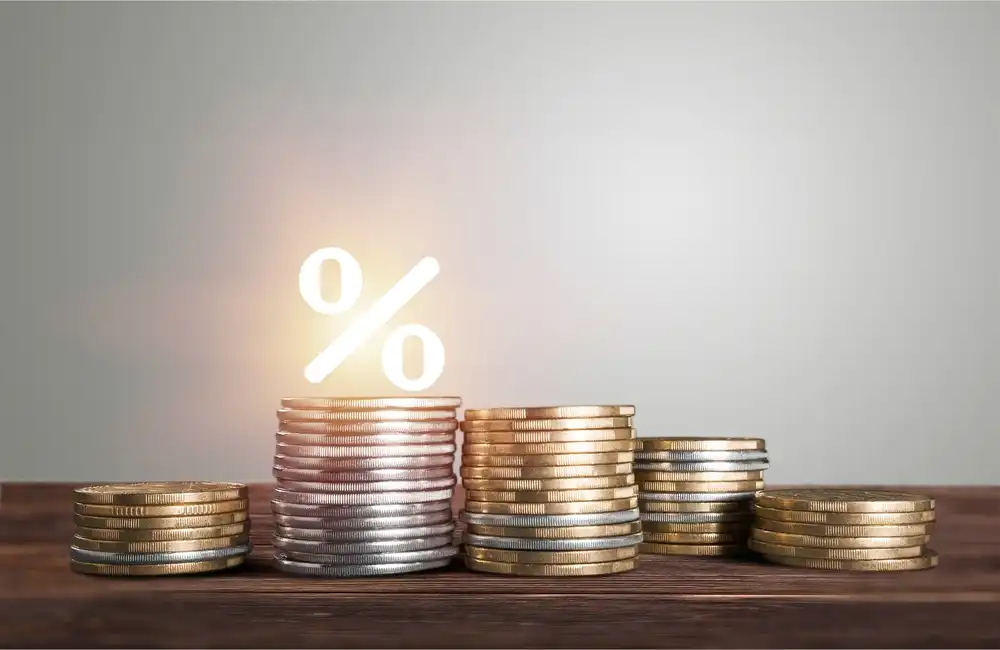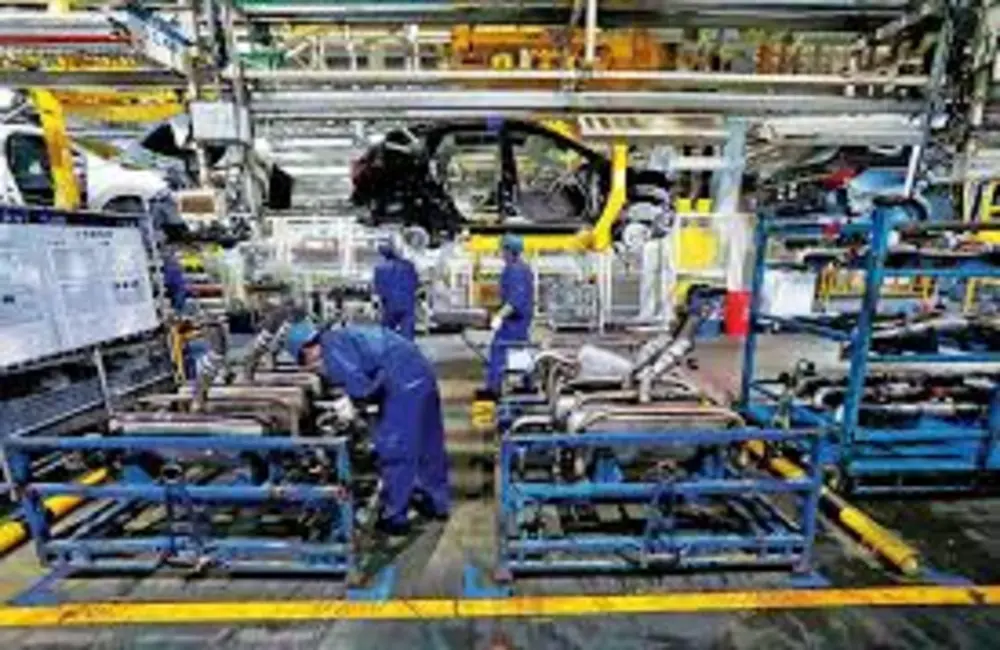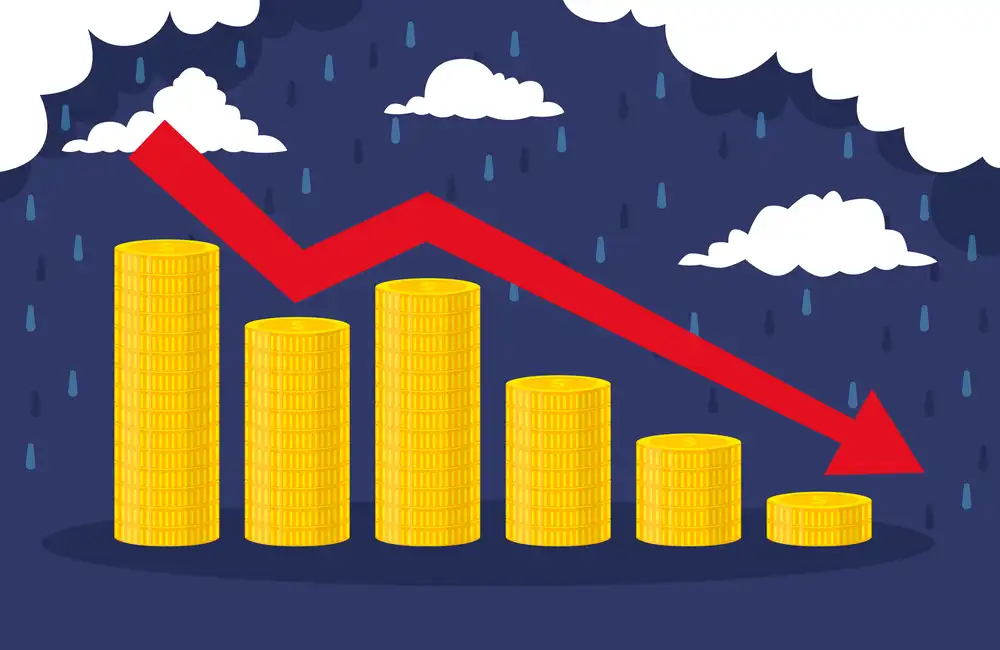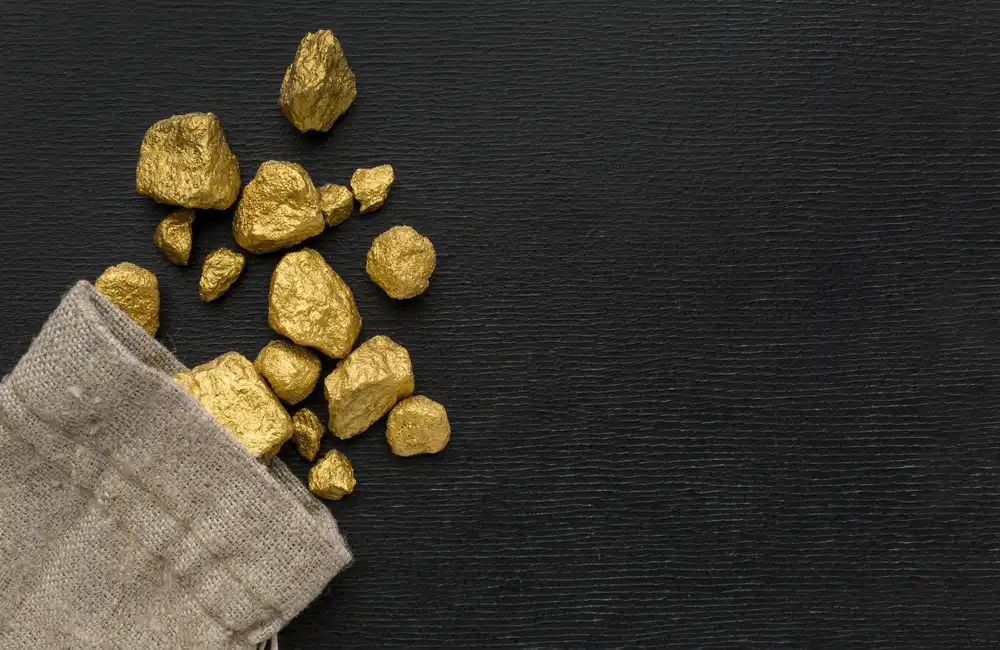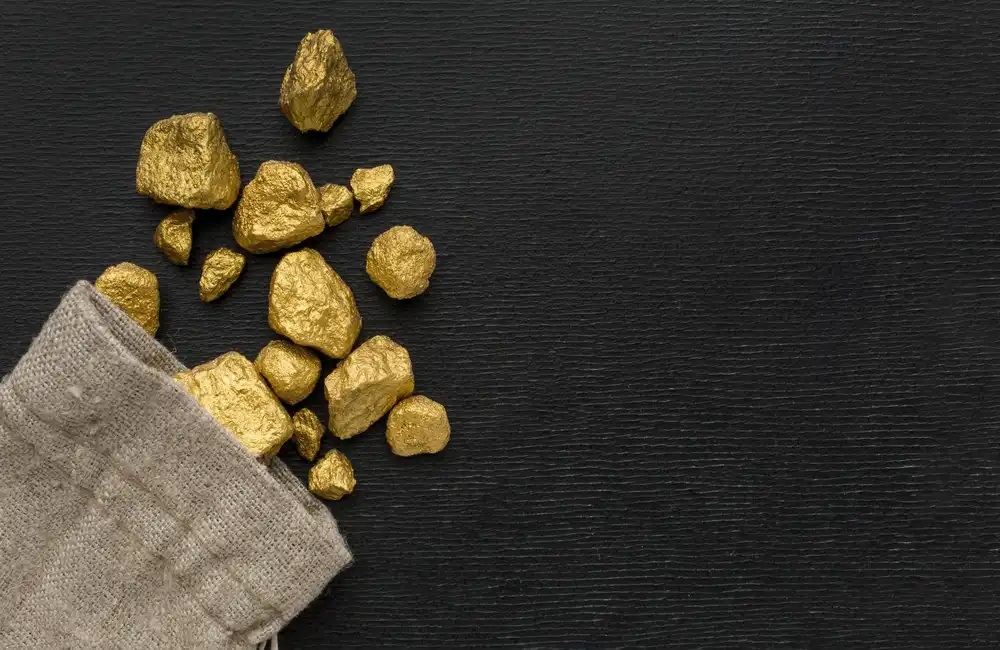Automakers in Shanghai are likely to resume production in the week of April 23, though full capacity would take time to rebuild with many workers still under quarantine and supply chains slowed by rising pandemic cases, industry sources said.
SAIC Motors' original equipment manufacturer, auto parts, and logistics units began stress-testing manpower guarantee, supply chain operation, and logistics flow on April 18, according to the group's report.
The move follows China’s auto makers halting or reducing production due to supply shortages of parts because of pandemic-led lockdowns in Shanghai and surrounding cities.
Several automakers across the country may be forced to suspend production if the companies in Shanghai and nearby were unable to figure out how to reboot their production, the industry sources warned.
Producers are unlikely to announce significant cuts to production in May as a working group sent to Shanghai continues trying to solve immediate issues such as the shortage of raw materials supply, the secretary general of China Passenger Car Association, or CPCA, Cui Dongshu said in a report published April 16.
But some sources were doubtful about the resumption of industrial activity before May, given Shanghai’s sharp rise in confirmed cases in the week through April 22.
“It is still difficult to restart production under the present conditions,” one person said. “Operating in a closed loop will decrease the chances of positive cases, but I doubt very much that many companies are willing to take the risk of shutting down again.”
Chinese electric vehicle maker Nio halted production as supply bottlenecks constrained it from doing so, the company said in early April
There has been speculation in the market that Tesla's Gigafactory in Shanghai would also resume its operations from April 18, after the company had halted production on March 28. Tesla China did not respond to an email inquiry from S&P Global Commodity Insights at the time of publishing this story.
Shanghai is an important base for China’s automobile industry and is home to several major auto parts makers.
Vehicle output in Shanghai was 2.83 million mt in 2021, representing 10.7% of the country total, the data from the National Bureau of Statistics showed.
The latest wave of the COVID-19 outbreak in the country has affected roughly 20% of China’s total car output, the CPCA said earlier.
Demand and Prices of Lithium Salts
However, market sources remained positive on long-term prospects despite difficulties in new energy vehicle production and sales amid the pandemic in the coming months.
The near-term commodity prices of lithium salts in China have been pressured in the light of rising production from salt lakes, dull downstream demand, as well as the appeal from the government to drive the prices of raw materials down to rational levels.
But prices may stay high due to high production costs and a recovery of demand further down the line, the sources said.
Platts assessed battery-grade lithium carbonate and hydroxide at Yuan 470,000/mt ($73,665/mt) and Yuan 498,000/mt April 19 on a DDP China basis, down 7.8% and 1.4% respectively from a record high mid-March, according to S&P Global data.






